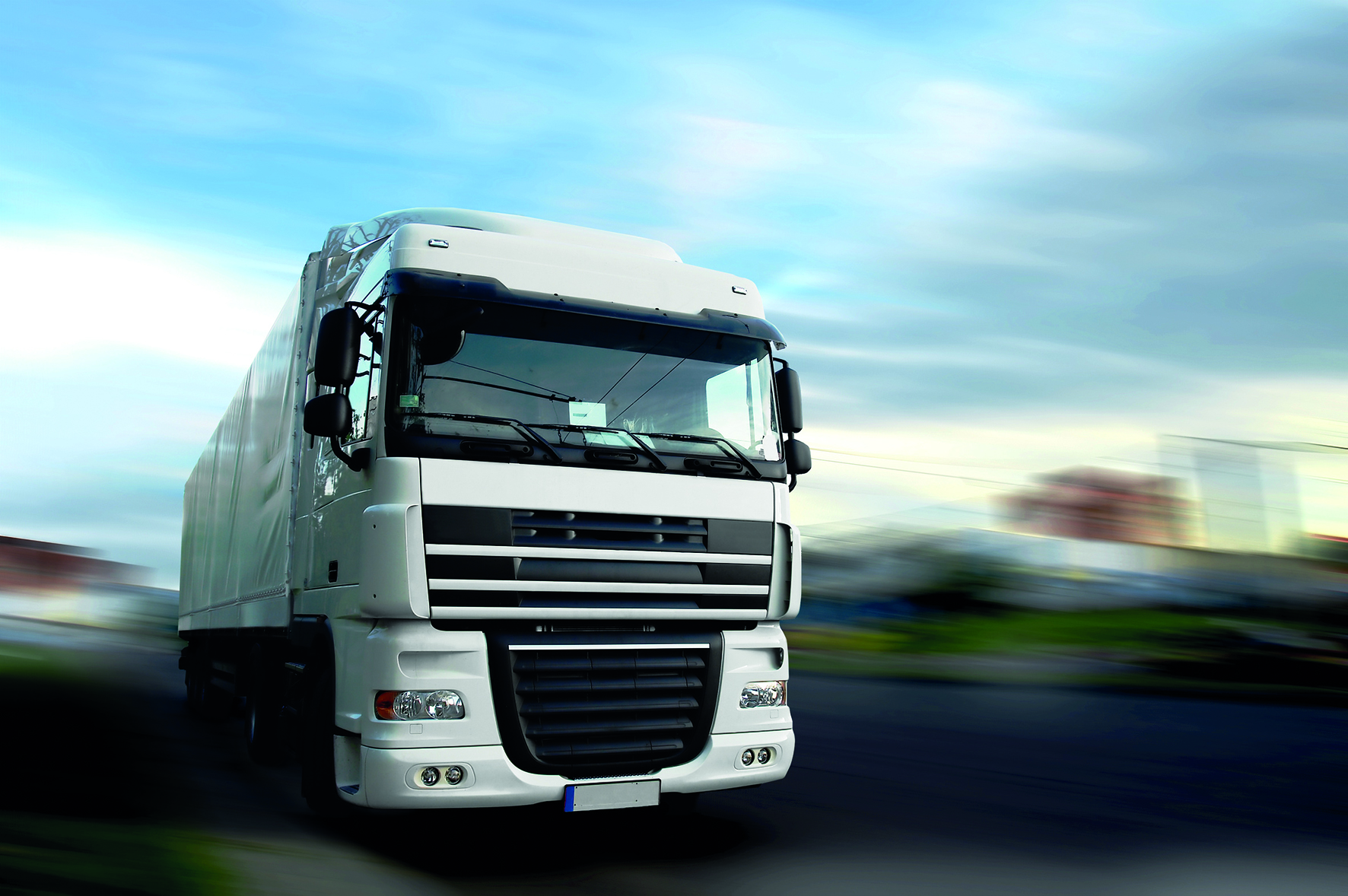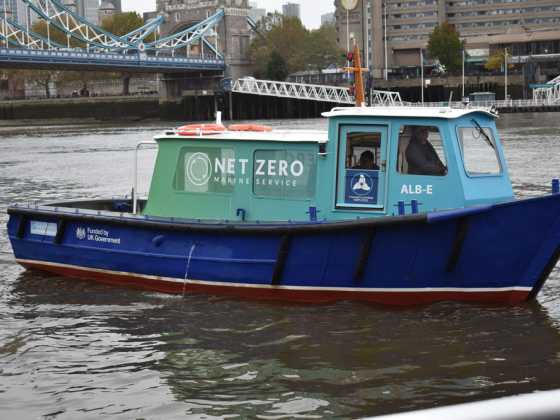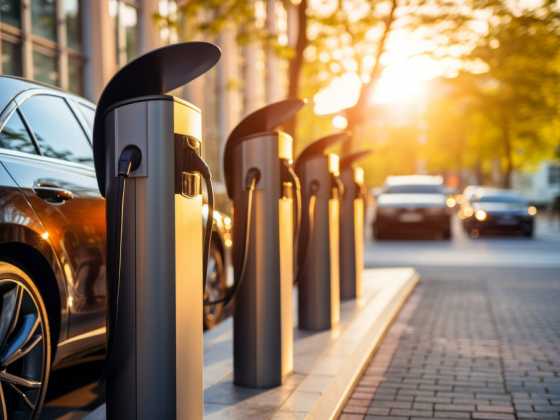Government measures to green logistics

The FTA’s Christopher Snelling discusses recent government announcements to help lower the emissions of commercial vehicles, including changes to the HGV Road User Levy rates and changes to driver licensing rules, which will allow drivers to operate heavier but cleaner vans
With an increasing focus in the media and among the general public on the issue of air quality and safety, two major government announcements at the end of March, aimed at improving the status quo, could have a significant impact on fleet operations in this country.
On 28 March, the government announced that rates for the HGV Road User Levy (RUL) will change next year to start reflecting the Euro engine emissions class of HGVs. From 1 February 2019, there will be a 10 per cent decrease in RUL charges for Euro VI vehicles and a 20 per cent increase for all pre-Euro VI vehicles. The government’s intention is to help promote air quality improvements by encouraging take-up of Euro VI vehicles.
The reduction of 10 per cent in the RUL for Euro VI vehicles is good news as it shows recognition of the success of the HGV Euro VI vehicles, which have 80 per cent lower real world local emissions than previous vehicles. However, the introduction of the increased levy on pre-Euro VI trucks will actually hurt those small and medium sized business that already face increased costs as they need to upgrade to Euro VI vehicles early in their vehicles’ life cycles, in order to be compliant with the planned Clean Air Zones. This forced resale will have a direct impact on SMEs, since the re-sale value of their slightly older lorries, the Euro IV and Vs, has fallen so much. This, in turn, will make the jump to affording a new Euro VI so much greater and does not account for ongoing depreciation and succession planning for older vehicles, which is such a key part of business management.
As an example, the new annual rates for the largest HGVs will be £900 for Euro VI rate from February 2019 and £1,200 for Euro 0-V rate from February 2019. The current rate is £1,000.
The Freight Transport Association (FTA), which represents more than 17,000 logistics businesses of all sizes, believes the government should have loaded the increase on to the older, most polluting lorries (Euro III and below) to create a short-term market for the Euro IV and V vehicles that those delivering to city centres will be seeking to sell on.
As an industry, freight and logistics has been working hard to improve air quality, and new technology has ensured that trucks have been getting cleaner for decades. Clearly, we are not dealing with an intractable problem but merely a question of how soon the latest round of beneficial changes now needs to be made. The government’s “do it now” approach to cleaner air risks putting some smaller hauliers’ livelihoods at risk for only a temporary gain on air quality in the short term. The reform of the Levy was an opportunity to help, and for the most part the government has failed to take it.
Licence changes
Another announcement which came from the government at the end of March, following a positive response to a consultation last year, is that it will seek agreement from the EU for a temporary derogation from the requirements of the third driving licensing directive. When in force, this will mean that category B (car) licence holders will be able to drive alternatively‑fuelled vans up to a maximum authorised mass (mam) of 4,250kg.
Currently, drivers with category B licences are permitted to drive vans which weigh up to 3.5 tonnes mam. However, electric and hybrid vans of a comparable size must carry a large battery pack, making them slightly heavier.
FTA, whose members operate 245,000 HGVs – around half of the UK’s total lorry fleet, consulted its membership on the proposal and found that, in the main, they were largely in favour of the change. It follows news that operators of alternatively‑fuelled vehicles up to 4.25 tonnes will also be exempt from HGV Operator Licensing, as long as they only operate domestically.
FTA is delighted the government has listened to the logistics industry and taken this positive step to make it easier for transport and freight companies to operate electric vehicles. It will make it cheaper and easier for firms to include alternatively-powered vehicles in their fleets. It is an excellent example of how the government can use regulatory adjustments to help our industry implement more energy-efficient working practices.
The announcement on the derogation of the third driving licensing directive came after a wide ranging two-month consultation process. The government says it supports a commitment to ensure that almost every car and van is a zero-emission vehicle by 2050.
The change means companies will no longer be penalised for using alternatively-fuelled vehicles. The heavier weights of these vehicles mean they have often been inaccessible for van operators who do not have an operator licence or the appropriately trained drivers. For firms with the appropriate operator licence, the additional regulation still meant extra cost in implementing appropriate compliance policies and recruiting additional drivers. Now they will be able to absorb these vehicles easily into their current working practices.
Dual priorities
Freight and logistics, as an industry, is committed to ensuring that its impact on the environment continues to reduce, while ensuring that goods and services still move freely across the country to service the nation’s manufacturing and business bases. FTA’s close relationships and regular dialogue with government and its appropriate departments has ensured that the needs of all those involved in the UK’s supply chain have been heard in the ongoing debate around the environment, and it is crucial that these conversations continue.
As a nation, we are increasingly reliant on a “just in time” supply chain, and the logistics operators involved in this must continue to be heard when decisions are made about how and where they are to be allowed to move goods and services. In such an economically volatile climate, FTA will continue to work closely with government and its advisers in the coming months to ensure that Britain keeps on trading, while limiting the impact of the logistics sector on the environment – something which its member organisations are all too keen to do. One sector cannot make all the necessary improvements in isolation, however, so it is crucial that logistics is not unfairly penalised when its role is so critical in ensuring the nation’s continued trading success






